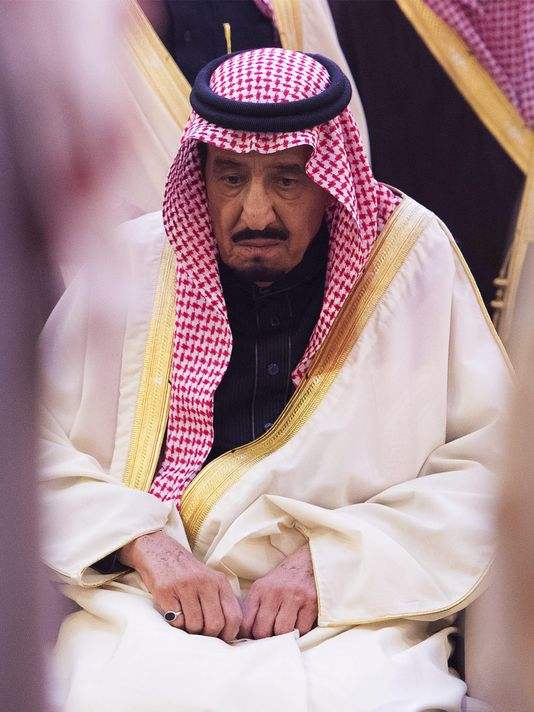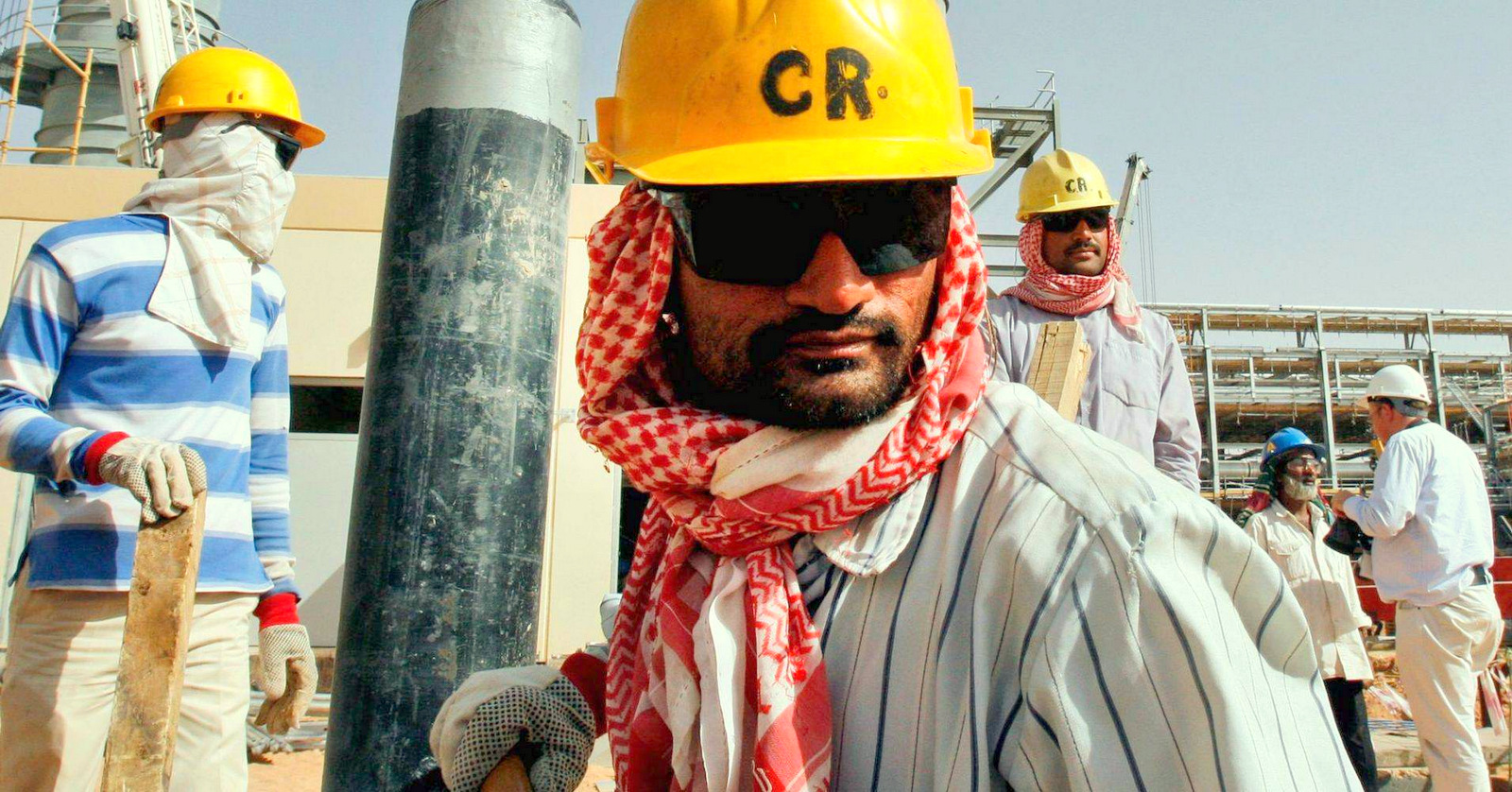
RIYADH, Saudi Arabia — According to the International Monetary Fund, Saudi Arabia’s economy is in danger of collapse as oil prices grow increasingly unstable.
The warning appeared in the “Regional Economic Outlook” for the Middle East and Central Asia published on Oct. 15, an annual report published by IMF economists. Adam Leyland, writing on Oct. 23 for The Independent, explained the grim prognosis for Saudi’s economy, which is almost completely dependent on fossil fuels:
“[T]he IMF said that the kingdom will suffer a negative 21.6 per cent ‘General Government Overall Fiscal Balance’ in 2015 and a 19.4 per cent negative balance in 2016, a massive increase from only -3.4 per cent in 2014.
Saudi Arabia currently has $654.5 billion in foreign reserves, but the cash is disappearing quickly.
The Saudi Arabian Monetary Agency has withdrawn $70 billion in funds managed by overseas financial institutions, and has lost almost $73 billion since oil prices slumped, according to Al-Jazeera. Saudi Arabia generates 90 per cent of its income from oil.”
If the trend continues unchecked, the IMF believes Saudi Arabia, once one of the most powerful economies in the world, will be bankrupt by 2020.

With oil prices dropping, Saudi officials are aware that drastic measures are necessary. However, according to an investigation published Wednesday from Maria Gallucci, an energy reporter for International Business Times, economic analysts are questioning whether they’ll be able to follow through on those plans,:
“It’s a strategy the Saudi government has tried to adopt for decades, mostly without success. Early development plans called for boosting sectors such as mining, petrochemicals, tourism and financial services. …
‘They’re still hooked on oil,’ said David Ottoway, a Middle East fellow at the Wilson Center in Washington. He added that government plans often gain steam when crude prices drop, but ‘as soon as oil prices go back up, they relax.’”
Gallucci added that this is just the latest of several Saudi attempts to diversify the economy:
“In 1970, the government issued its first five-year development plan, which called for diversifying ‘sources of national income and reducing dependence on oil by increasing the share of other productive sectors in [gross domestic product].’ In nine subsequent plans, the government restated its mission to expand other sectors of the economy and shrink oil’s share of revenue.”
Katy Barnato, a reporter for CNBC, noted Wednesday that the Saudi populace, which is accustomed to one of the highest standards of living in the world, is growing increasingly restive under new economic restrictions:
“The ultra-hardline regime in Saudi Arabia launched an austerity budget late last year to help combat a ballooning deficit. It is even considering listing shares in its ginormous state-owned oil company, Saudi Aramco, in a bid to raise funds.”
Barnato quoted Alberto Gallo, a global economic analyst, from a January research note:
“With a decline in social spending and a reduction in subsidies comes the risk of rising domestic turmoil, as highlighted by the Arab Spring in 2011 when high inflation, lower growth and inequality resulted in mass demonstrations across the Middle East.”
Even Gary Ashton, an oil and gas financial consultant, writing in November for Investopedia, a Canadian investment education site, sounded a warning while putting a hopeful spin on the country’s efforts at recovery:
“Saudi Arabia is doing what it can to get its fiscal house in order, but it remains to be seen if they are doing enough to deal with the current economic reality facing the country.”

